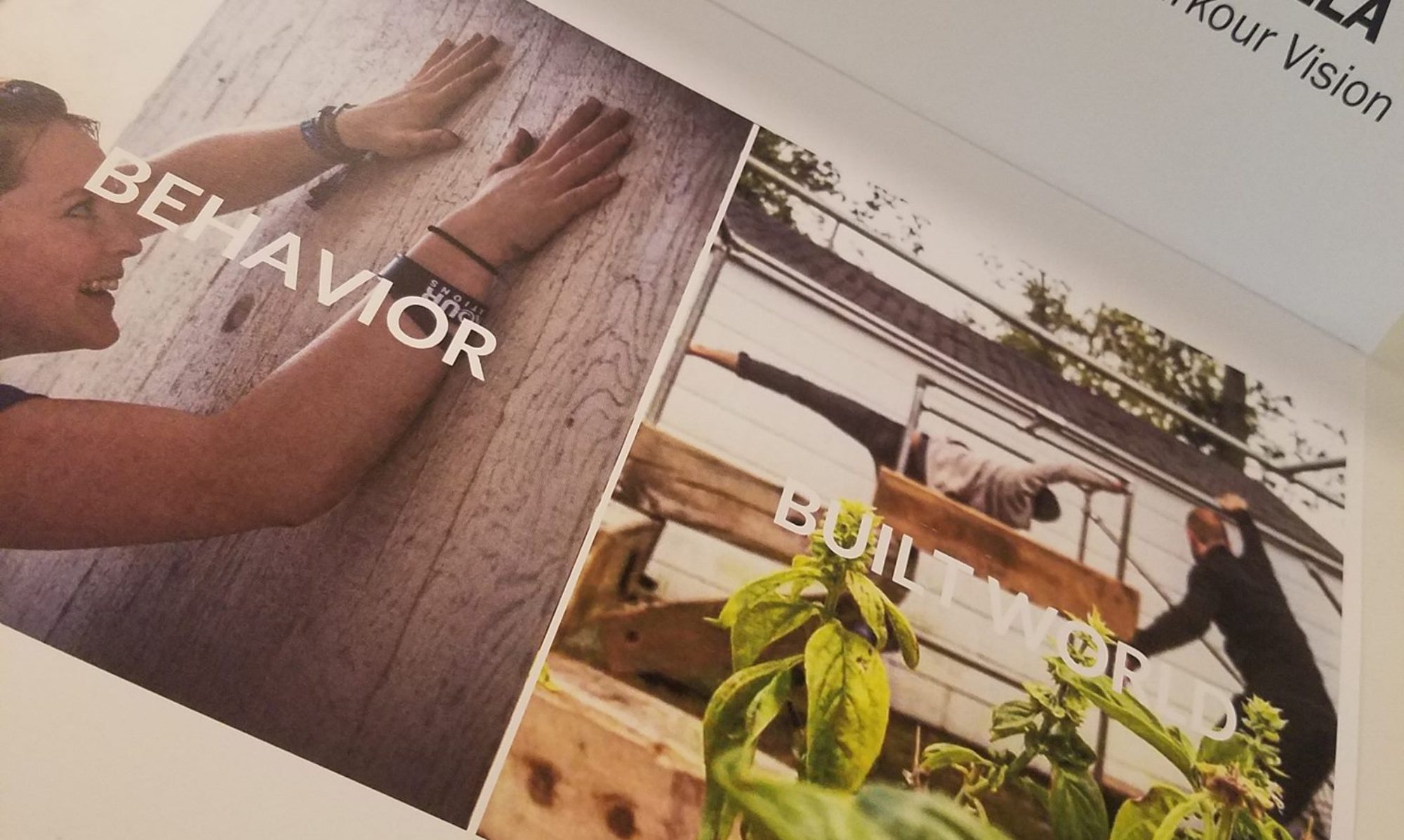It is impossible for a man to learn what he thinks he already knows.”— Epictetus
Want to know the biggest block to growth? These two words:
“I know”
I constantly encounter this phrase from students in the classes I teach, especially where we work on our foundational movements. I hear it from fellow coaches when discussing how to improve class experience. I hear it from myself, even, as I receive critique and feedback about the things I need to work on, and see it sometimes in my practice as I avoid working certain skills.
In some cases it’s because we think we know better, in others its because we think we know more, and sometimes it’s because we think we know enough. And while this I Know mindset might block out unuseful, unsolicited advice, it also makes us blind and deaf to information that might actually help us grow.
The I Know mindset most commonly emerges in places where we long to appear competent, superior, or one of the group. It feeds on our fear of failure and shame, as well as our resistance to critique and lack of humility. It grows in our lack of self-awareness. And it kills any hope for achieving mastery–in your movement, work, and life.
Familiarity vs Mastery
The I Know Mindset is wild.
During class yesterday we worked on our jumping. As I began reviewing good form and walking through the lesson, one student pointed out that we learned jumping last week and that they wanted to learn something new. In response, I began setting up a number of different challenges. I walked over to a rail and asked-can you jump to this and land without falling? I pointed to the steps – can you jump up these steps, 2,3,4 at a time all the way to the top without stopping? Jump and land while ducking? Jump with one leg? Precisely?
It’s easy to confuse familiarity with mastery. My student understood the fundamental elements of jumping but lacked the ability to masterfully deploy his skills across a number of situations. His ‘I Know’ mindset limited his vision.
‘I know’ is often a declaration that we are superior to practice, that we have completed the circle, that there is nothing left to learn from the knowledge we already have.
Yes, developing brand new skills can be very exciting. It expands language, reveals new challenges, and, without doubt, can assist in helping overcome tougher physical, intellectual, and motivational plateaus.
But, if you are to truly master your movement or mind and achieve life-long, sustainable physical and mental fitness, you must be consistently developing both laterally and deeply. It requires coming from a place of constant inquiry and the rejection of the ‘I Know’. It requires constantly seeking out how to see differently, do better, create new things with old tools.
The work on our minds and bodies only completes when life completes.
Do Better
Ask Yourself: Where in your life are you saying “I Know?” What triggers it (desire to belong, to appear competent, boredom, etc)?
Find new places to test out old skills, new people to talk through established beliefs. Try different approaches, even if you think your approach is better.Take your skills and practice in a new location


